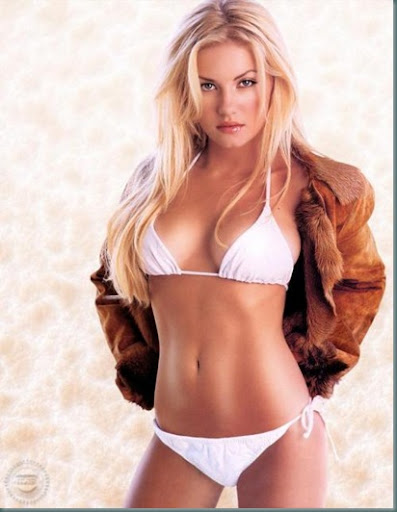I think GMV is somewhat underrated--everybody remembers the Williams comedy bits, but I think more thought was put into it than most seem to recall. But that isn't the pleasant thing I want to talk about today.
No, it's the radio itself. Did you know that the famous NBC Chimes go back 80 years? I'm a fan of "the golden age of radio," the days before it was allegedly top 40, but seemingly the same five or 10 songs played in rotation, or political talk.
Great comedians, most famously Jack Benny and his "gang":
left to right... Eddie "Rochester" Anderson, Dennis Day, Phil Harris, Mary Livingstone, Jack Benny, Don Wilson, and Mel Blanc.
Mel Blanc was on just about every comedy show there ever was. We'll get back to Benny before this post is through, but first, a word from Rochester, answering the question...
And then there was a man named Fred Allen, who was a big star in radio, a little star in pictures, and...no star at all in television. Here's a 10 minute sample of Allen hosting an episode of Command Performance.
This was a weekly "listener request" varety show produced by the war department and intended for airing only to our overseas troops. Because of this, they could "push the envelope" a little more than shows Stateside at the time, as witness Allen's banter with Gypsy Rose Lee (the Dita Von Teese of her day) here.
So you can imagine how much I liked his take upon my all-time favorite state...
It wasn't all comedy, of course, there was "Radio Noir" and mystery shows.
Like The Shadow, who was once played by Orson Welles, who famously convinced the world that Martians had landed.
And the great Norman Corwin. Incidentally, at one point one of Mr. Corwin's programs was placed on the air opposite one of Hope's. This put Corwin in the rare position of, as he put it, literally "hoping against Hope."
In his book Raised on Radio (1998, Random House), Gerald Nachman says about Corwin:
"Whatever his shortcomings--purple passages, heavy-handed irony, liberal bias--they were overcome by the programs' ambitions, impact, superior writing, and high production values."
In a larger sense, you could say that of the days of radio as a whole. It had its failings--as what among us doesn't. One of these was unbelivable shilling for tobacco companies ("The makers of Camels are pardonably proud of the standing of this cigarette among doctors...").
Further in this regard, here's eight minutes of two great radio stars--Benny & Allen--and one merely OK one (Eddie Cantor) putting their talent and energy to that dubious cause:
But on balance, measured against its successes, Radio was a pretty damn good period of work--and it ran for decades.










No comments:
Post a Comment